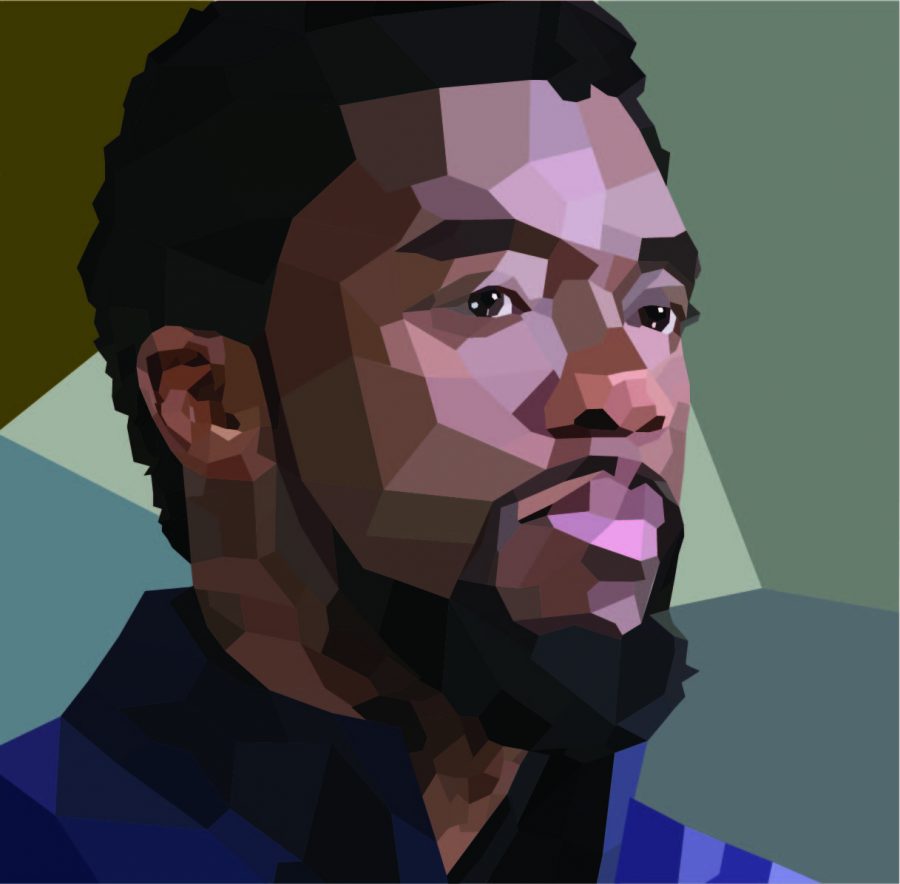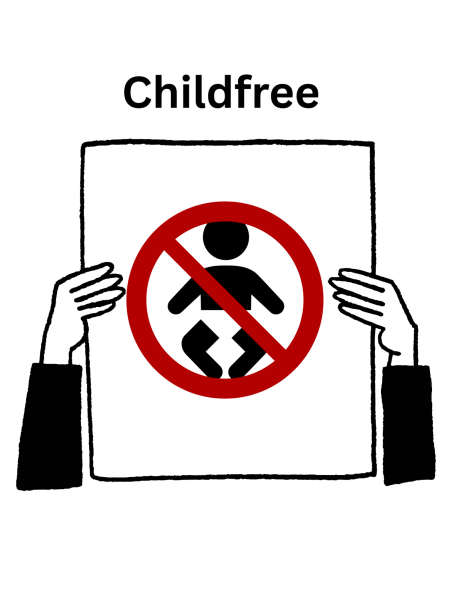Opinion: Chadwick Boseman represents the best of diversity in film
September 6, 2020
In trying times, as a nation-wide community works toward a safer environment, actors playing roles that exhibit moral truths and human equality should be at the forefront of the film industry.
Chadwick Boseman, who played pivotal roles such as Jackie Robinson in “42,” Thurgood Marshall in “Marshall,” and T’Challa in “Black Panther,” was a champion for racial representation in films. The importance of racial representation in cinema allows for diversity and symbolic interactionism, which is the “view of social behavior” and its significance in bettering society.
Symbolic interactionism is a theory that takes a small-scale view of society and focuses on interactions between individuals. It explains an individual’s role in society and can focus on societal change on a small scale. The roles Boseman played allowed the audiences to immerse themselves in another era via the big screen.
In the movie “42”, Boseman plays as Jackie Robinson, who was the first Black baseball player drafted into the Major League Baseball association, in a time when segregation and Jim Crow Laws were the norms. Robinson, against all the odds, overcame inequality and racism as a ballplayer for the Brooklyn Dodgers and, over time, became a champion for breaking race barriers and showed that Black Americans have the right to be equal to white ballplayers.
Symbolic interactionism shows how someone’s interactions with the world can change day to day and eventually change our perspective about something. It can take the assumptions one has about a race/gender and arrange them into a medium for one to understand.
An example of this is the word “dog,” and if someone is never shown what a dog is, they would never know that it is a furry four-legged animal companion. The same can be said about racism; one might know the word because they read about it in a history book, but through symbolic interactionism, an audience can understand that it is real.
Boseman, like Robinson, was able to show how symbolic interactionism is an inherent part of ending biases against Black American’s role in society. With the use of cinema, Boseman can portray and imitate the trials that Robinson endured. This reenactment shown to an audience that may not have completely understood the struggles Robinson had faced in the name of racism, may understand the concept of racism in a different way than before.
When Boseman played T’Challa in the film “Black Panther,” it brought about a new type of diversity to the cinema industry with its introduction of the first Black superhero.
“Black Panther” was one of the first significant budget films to have a majority all Black cast and put a spotlight on African culture.
“Black Panther” is important because it allows for diversity in cinema to be the focal point of the movie by showing a culture that most are unfamiliar with. Boseman showed what it was like to play a Black man both in American and Africa, and by doing so, was able to incorporate symbolic interactionism into his role.
Boseman, through cinema, showed firsthand to an audience what inequality and what racism looks like. Through the course of his films, Boseman was able to tackle issues relevant to race and identity. Additionally, the audience understands the importance of diversity in movies and shows how society can begin working for a better future.
“[Boseman was a] hero-for Black kids and for all our kids,” First Lady Michelle Obama said, “he could play…with such captivating depth and honesty.”
While T’Challa may be a fictional character, Chadwick Boseman was a real-life superhero that lived for a better tomorrow.







